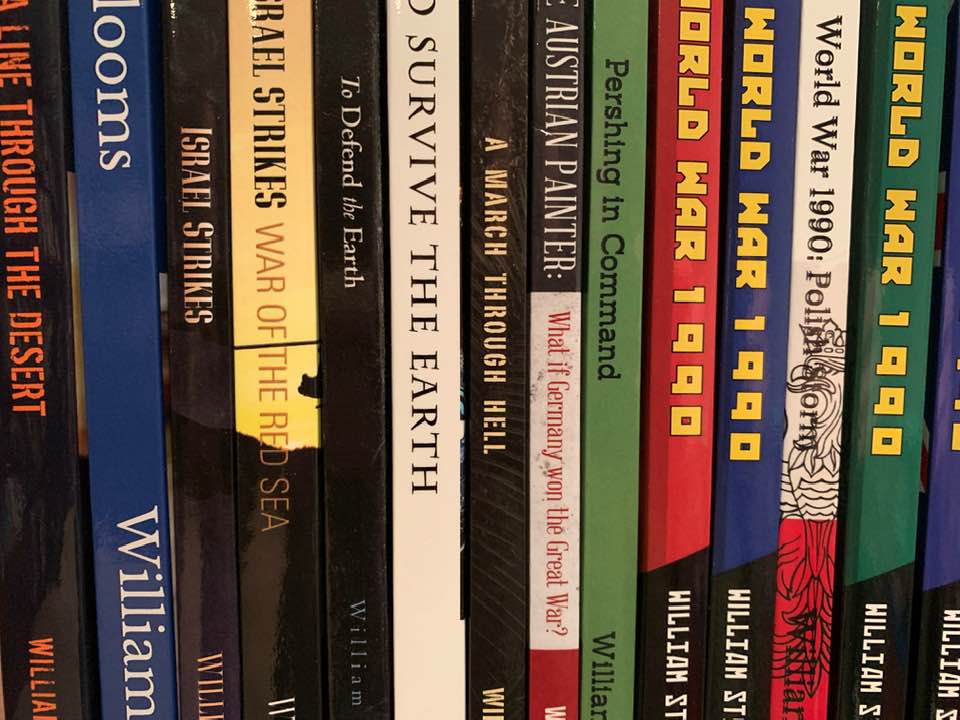During the 1950s and 1960s, NATO and the Warsaw Pact agreed about two things regarding combat on the Central front. First, Warsaw Pact forces would quickly overrun NATO forces, achieving rates of advance across Western Europe that exceeded even those of World War II. Second, both NATO and the Warsaw Pact would make plentiful use of tactical nuclear weapons, both to break up enemy formations and also to pave the way for advancing forces.
Both of these assumptions began to break down in the early 1970s. On the first, the increasing strength of NATO land forces (especially American and German) suggested that Western armies might have something more to hope for than reaching the English Channel ahead of the Russians. Second, both sides became skeptical that conflict would necessarily result in the use of tactical nukes.
I think this is exactly right. The author goes on to discuss the rise of wire guided missiles as shown in the Yom Kippur War of '73, and how this changed NATO thinking.
Briefly, during the Yom Kippur War, Egyptian forces crossed the Suez Canal and established a defensive line on the east bank. When the Israelis launched their inevitable armored counterattack, they were met by a wall of Egyptian Sagger missiles. In the course of a day the Egyptians destroyed three Israeli armored brigades.
NATO planners began adopting flexible defense tactics that focused on absorbing the initial Soviet blow and then counterattack their second wave, or follow on forces. This eventually came to be called Airland Battle 2000, which emphasized flexible defense and a war of maneuver. This is eactly the kind of battle the U.S. fought against Iraq in 1991.
I disagree with this, however:
It’s hardly obvious that NATO forces could have won; the Warsaw Pact had massive material advantages, and a well-conceived planning apparatus that welded all of the alliance partners (that is, Soviet satellites) into a cohesive whole.Given the American victory in Desert Storm and the eventual Israeli victory in 1973 I simply don't see how the Soviets could have defeated NATO.

No comments:
Post a Comment